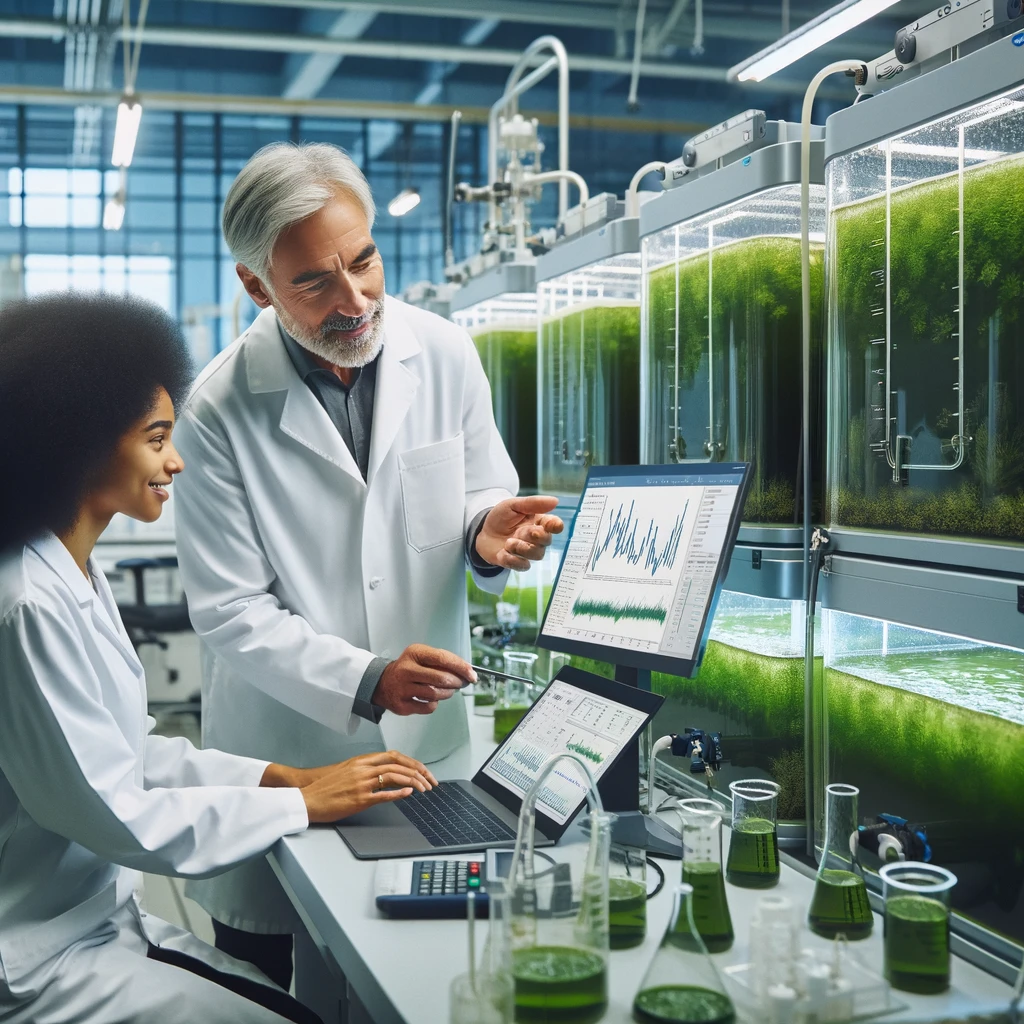
Dr. Joe Bruin and his interdisciplinary team at UCLA Life Sciences have made a groundbreaking discovery in the fight against climate change, focusing on the potential of algae as a biofuel and carbon capture agent. Their recent findings, featured in the Environmental Science & Technology journal, illustrate how genetically modified algae can absorb carbon dioxide more efficiently and produce biofuels more effectively than traditional methods.
The research involved enhancing the photosynthetic capabilities of algae, enabling them to convert CO2 into biomass at an unprecedented rate. “Our modified algae not only thrive in diverse environmental conditions but also sequester carbon dioxide, which is a major greenhouse gas,” explained Dr. Bruin. The team’s work promises a dual benefit: reducing atmospheric CO2 levels while producing sustainable energy sources.
UCLA Life Sciences has partnered with environmental organizations and energy companies to scale up algae production and implement this technology in areas most affected by industrial emissions. This initiative could significantly reduce our carbon footprint and lead to more sustainable energy practices worldwide.
This innovative approach represents a significant leap forward in environmental science and offers a viable solution to some of the most pressing environmental challenges of our time.
